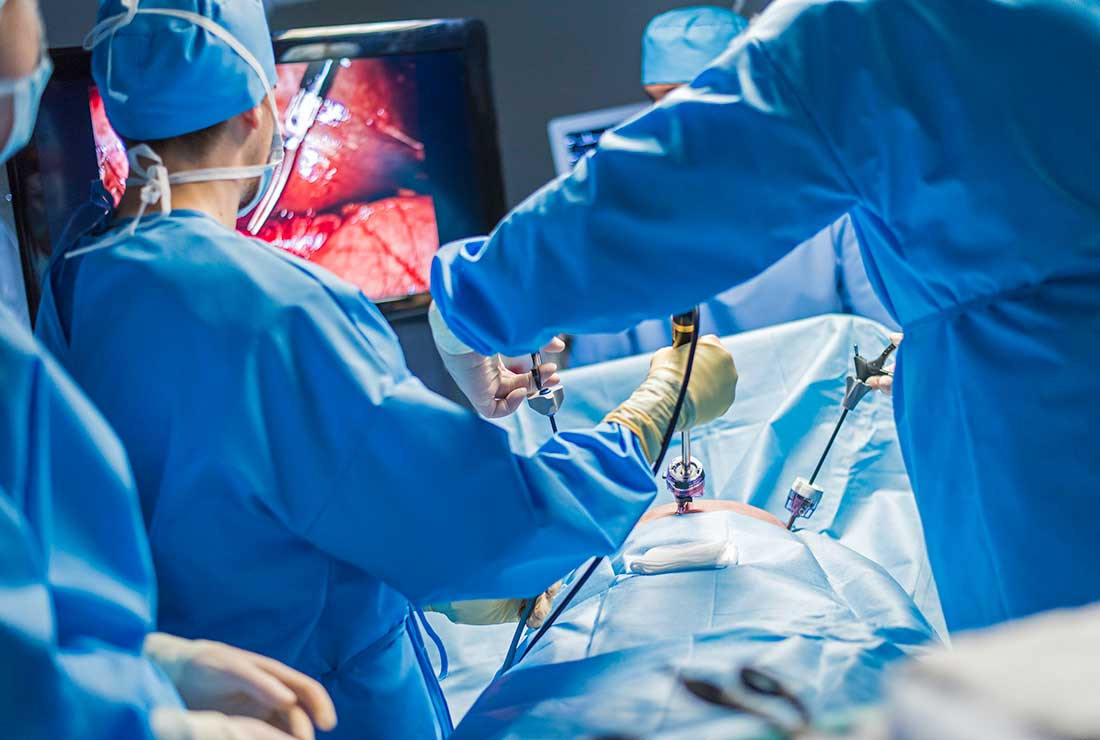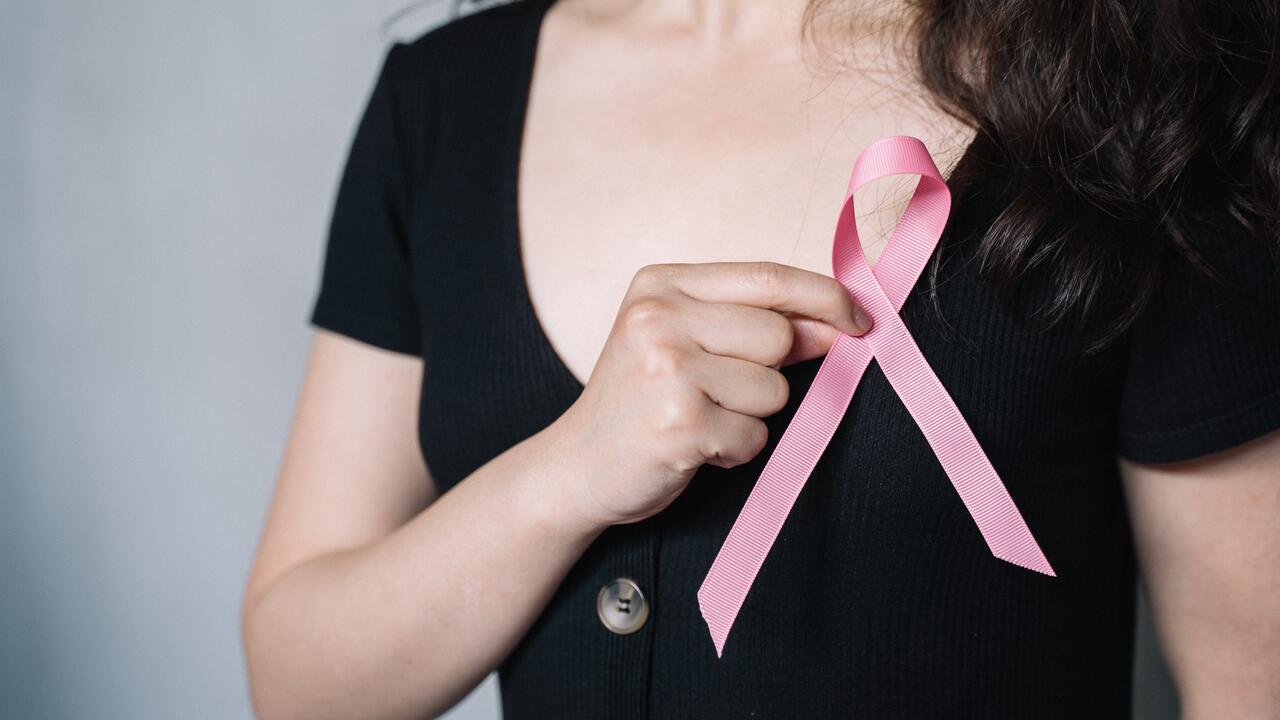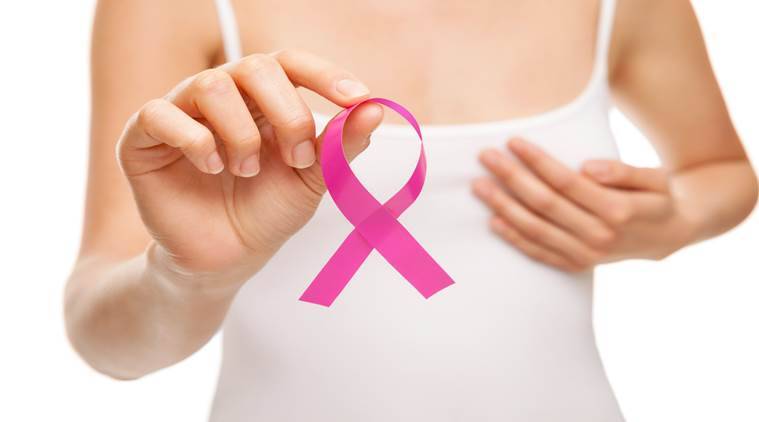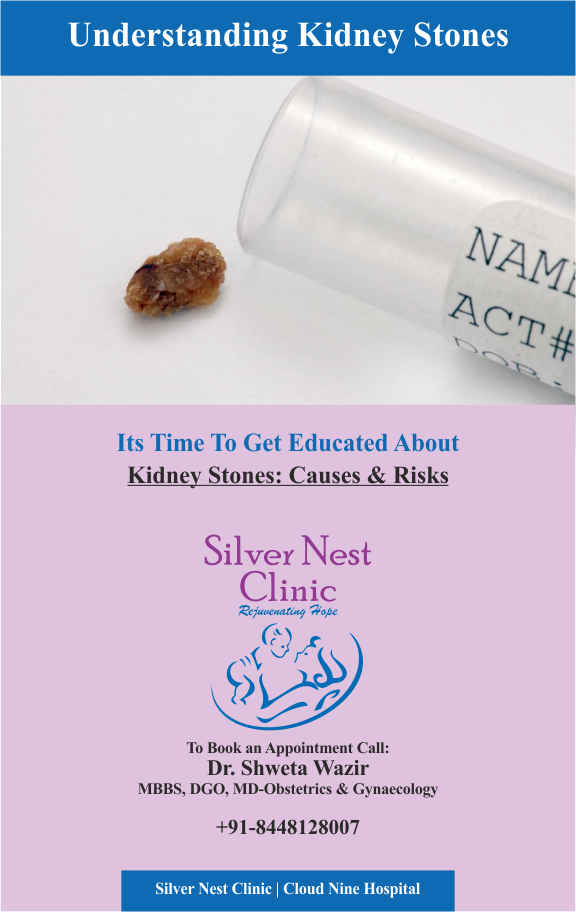
Best Gynecologist Clinic in Gurgaon
What is Laparoscopic Surgery?
Laparoscopy, which means looking inside the abdomen, is a less painful alternative to open surgery. The procedure is carried out using a laparoscope, a long, thin tube with an attached camera that is put inside the patient’s belly through a small incision (cut) of about 1 to 1.5 cm to examine the problem. The pictures […]
Breast Cancer: Risk factors
Factors that are associated with an increased risk of breast cancer include Being female. Women are much more likely than men to develop breast cancer. Increasing age. Your risk of breast cancer increases as you age. A personal history of breast conditions. If you’ve had a breast biopsy that found lobular carcinoma in situ (LCIS) […]
Breast Cancer: Symptoms and Causes
Breast cancer is cancer that forms in the cells of the breasts. Breast cancer can occur in both men and women, but it’s far more common in women. What are the symptoms? Signs and symptoms of breast cancer may include: ⦁ A breast lump or thickening that feels different from the surrounding tissue. ⦁ Change […]
Kidney Stones: Prevention
Proper hydration is a key preventive measure. You should be drinking enough water to pass about 2.6 quarts of urine each day. Increasing the amount of urine, your pass helps flush the kidneys. You can substitute ginger ale, lemon-lime soda, and fruit juice for water to help you increase your fluid intake. If the stones […]
Kidney Stones: Treatment
In the previous blog, we talked about the treatment for small stones. In this blog, we shall know about large stones treatment. Sound waves. For certain kidney stones— depending on size and location— your doctor may recommend a procedure called extracorporeal shock wave lithotripsy (ESWL). Surgery. A procedure called percutaneous nephrolithotomy involves surgically removing a […]
Kidney Stones: Diagnosis & Treatment
Diagnosis Blood testing. Blood tests may reveal too much calcium or uric acid in your blood. Blood test results help monitor the health of your kidney. Urine testing. The 24-hour urine collection test may show that you’re excreting too many stone-forming minerals or too few stone-preventing substances. Imaging. Imaging tests may show kidney stones in […]
Kidney Stones: Causes & Risks
Causes Kidney stones often have no definite cause, although several factors may increase your risk. Kidney stones form when your urine contains more crystal-forming substances than the fluid in your urine can dilute. At the same time, your urine may lack substances that prevent crystals from sticking together, forming stones. Risk factors Family or personal […]
Kidney Stones: Symptoms and Types
Kidney stones are hard deposits made of minerals and salts that form inside your kidneys. Kidney stones usually originate in your kidneys. However, they can develop anywhere along your urinary tract: kidneys, ureters, bladder and urethra. Types of kidney stones Kidney stones have different sizes, shapes and colors. Some are like grains of sand, while […]
Lactose Intolerance: Diagnosis & Treatment
Diagnosis Your doctor can confirm the diagnosis by conducting one or more of the following tests: Lactose tolerance test. The lactose tolerance test measures your body’s reaction to a liquid that contains high levels of lactose. Two hours after drinking the liquid, you’ll undergo blood tests to measure the amount of glucose in your bloodstream. […]
Lactose Intolerance: Causes
Lactose intolerance occurs when your small intestine doesn’t produce enough enzyme (lactase) to digest milk sugar (lactose). If you’re lactase deficient, lactose in your food moves into the colon instead of being processed and absorbed. In the colon, normal bacteria interact with undigested lactose, causing the signs and symptoms of lactose intolerance. There are three […]









